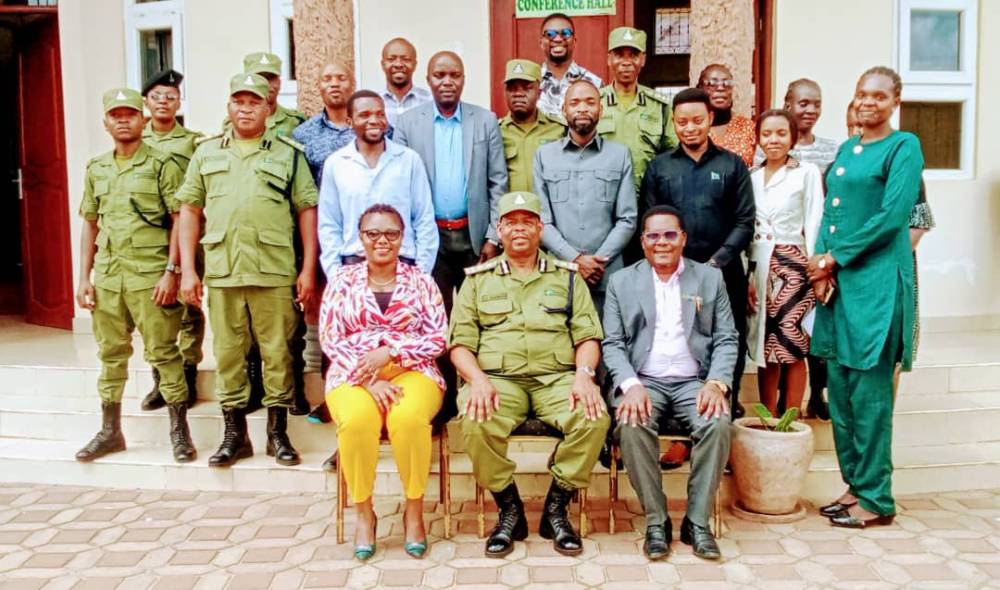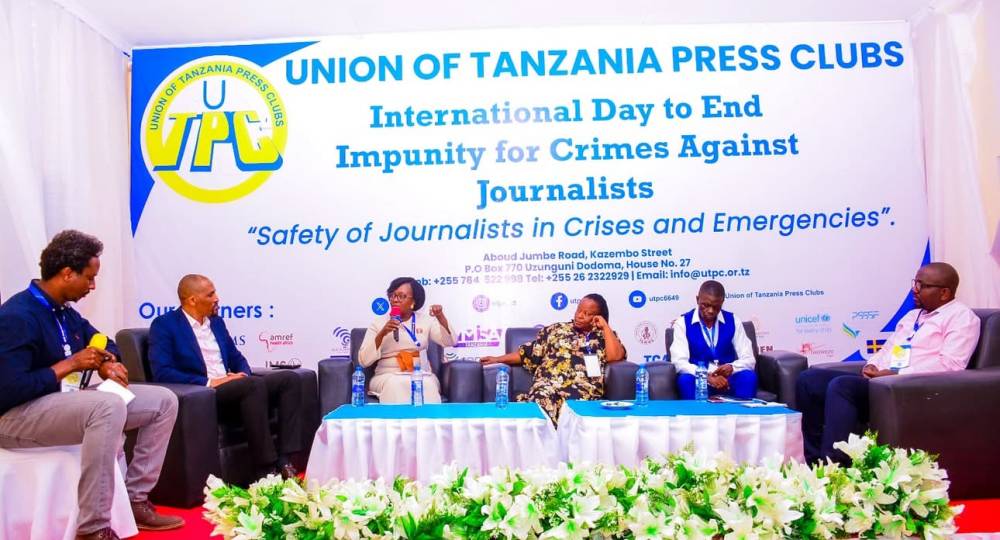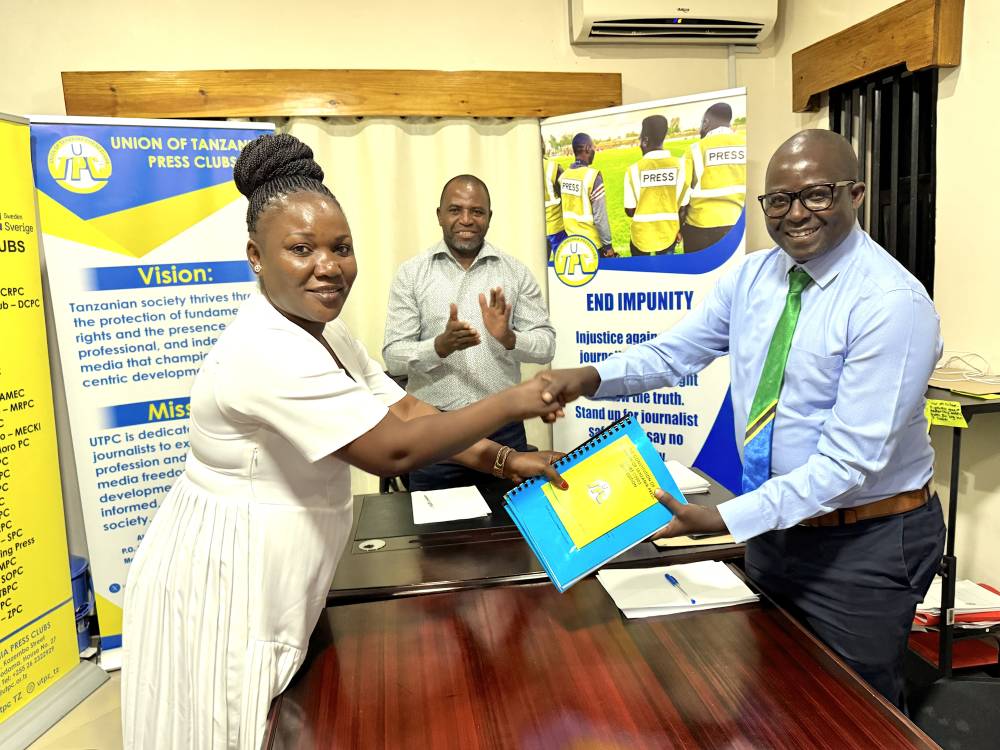- Sep 22,2025
- General
"I Am Ready to Ensure the Safety of Journalists" – Mtwara RPC
On September 20, 2025. The Regional Police Commander (RPC) of Mtwara, Senior Assistant Commissioner of Police (SACP) Issa Suleman, has pledged to fully safeguard journalists' safety and security during this critical period leading up to the general election on October 2025.
Speaking during a dialogue on the safety and security of journalists, Commander Suleman said the police force is ready to collaborate with stakeholders to develop joint strategies to maintain peace and ensure journalists can carry out their duties freely.
“The police force is ready to engage in dialogue and develop joint strategies to strengthen peace, stability, and safety and ensure that journalists can carry out their responsibilities freely and transparently throughout the general election process,” said RPC Suleman.
The dialogue took place at Lavile Hotel in Mtwara and was organized by the Union of Tanzania Press Clubs (UTPC) in collaboration with the Mtwara Press Club. It brought together stakeholders from various sectors, including religious institutions, the police force, civil society organizations, political parties, journalists, and government representatives.
Commander Suleman emphasized that the police force continues to respect the journalism profession and urged journalists to likewise respect other professions. He added that the police are primarily responsible for protecting the safety of all citizens.
“You (journalists) must also respect other professions, and remember that the police force is the principal body responsible for maintaining security,” he added.
The Chairperson of the Mtwara Press Club, Ms. Grace Kasembe, stated that the purpose of the dialogue was to openly and deeply discuss the security challenges facing journalists, especially those reporting on issues of public interest.
“This dialogue organized with the sincere intention to openly and thoroughly address matters concerning the safety and protection of journalists in Mtwara, particularly those covering public interest stories,” said Kasembe.
She emphasized that media play a vital role in ensuring the electoral process is free, fair, and democratic. However, this goal cannot be achieved if journalists continue to face threats and hazardous work environments.
Advocate Thimotheus Mophath Sallusi also affirmed that journalists have the right to perform their duties without interference, and they also have the right to legal defense if they encounter professional challenges.
However, he added that some journalists are afraid to report sensitive stories “Some government officials withhold information, and even when journalists request it, they are not provided,” he noted.
This dialogue is part of the implementation of the Empowering Journalists for Informed Communities project, carried out by UTPC in partnership with IMS and Jamii Africa.




